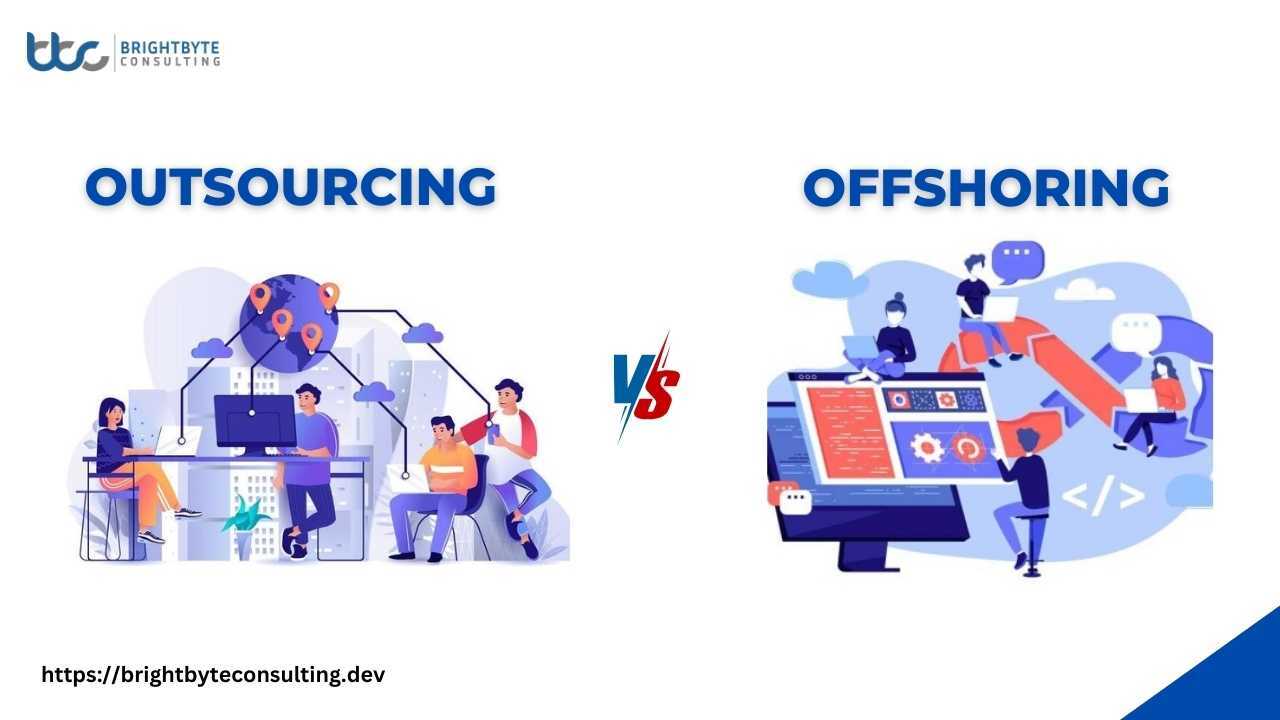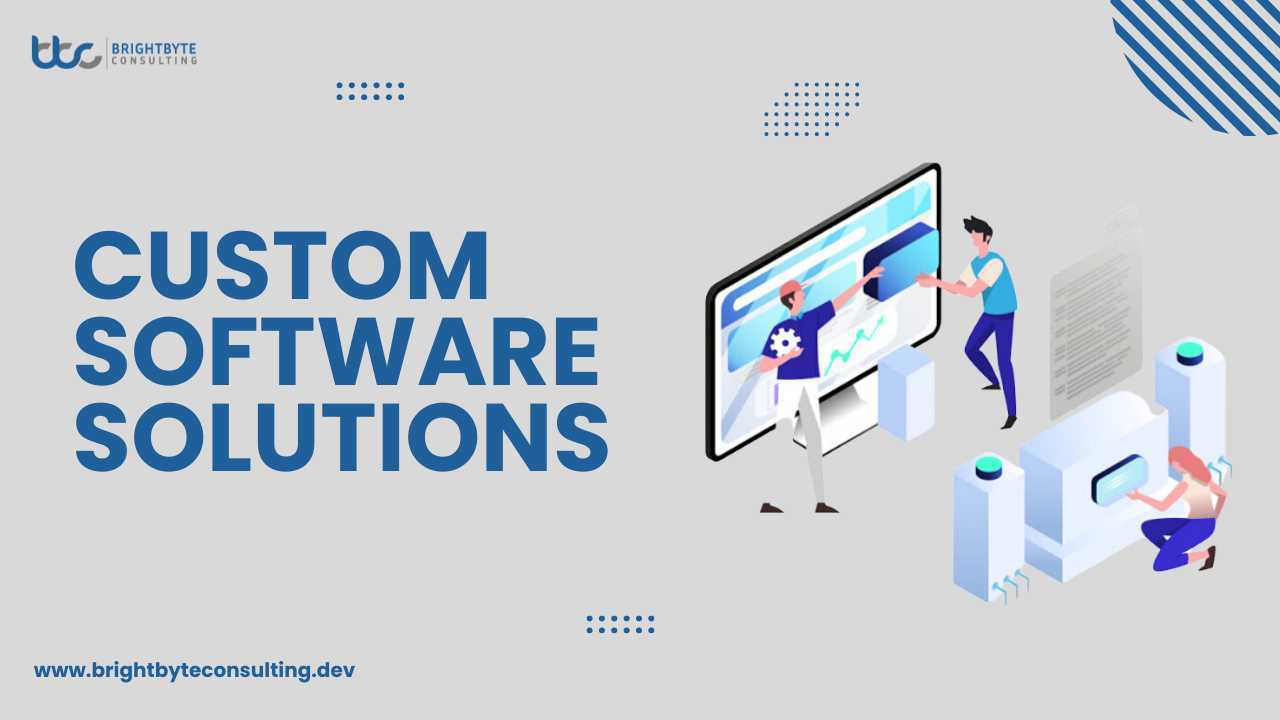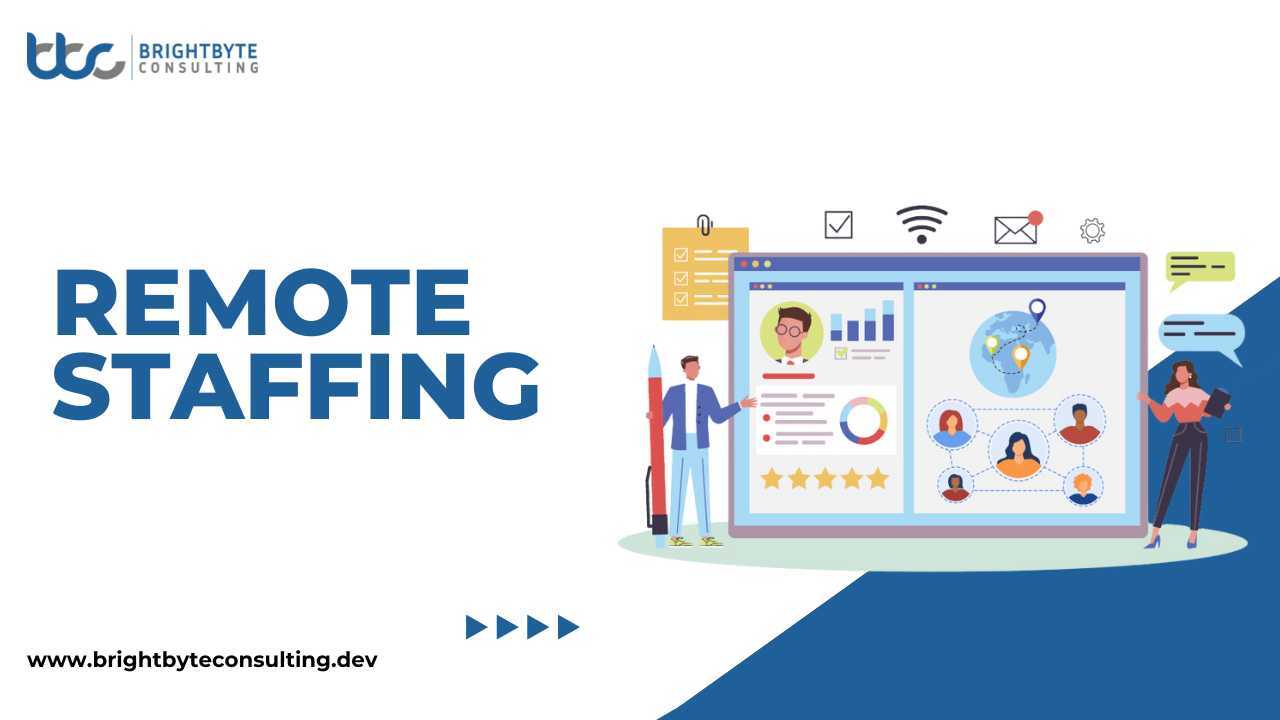In today’s rapidly evolving business landscape, staying ahead of the curve requires innovative solutions that address the unique challenges faced by modern enterprises. Software development plays a crucial role in empowering businesses to adapt, thrive, and succeed in an increasingly digital world. Among the most transformative developments in software development are cross-platform apps, which offer unparalleled flexibility, efficiency, and scalability. In this article, we’ll explore the significance of software development in tackling modern business challenges and delve into the benefits of cross-platform apps in driving growth and innovation.
The Importance of Software Development in Modern Business
Software development has become synonymous with business innovation, enabling organizations to enhance efficiency, productivity, and customer satisfaction. Here are some key reasons why software development is essential for modern businesses:
- Digital Transformation: Software development is at the forefront of digital transformation efforts, enabling businesses to leverage technology to streamline processes, improve decision-making, and enhance customer experiences.
- Competitive Advantage: In today’s competitive market, custom software solutions provide businesses with a unique competitive advantage by addressing specific needs and challenges, rather than relying on one-size-fits-all solutions.
- Operational Efficiency: Custom software solutions are tailored to meet the unique requirements of businesses, resulting in streamlined operations, reduced costs, and improved productivity.
- Scalability and Flexibility: Custom software solutions can be designed to scale alongside growing businesses, providing the flexibility needed to adapt to changing market conditions and business requirements.
- Innovation and Growth: Software development fosters innovation by empowering businesses to explore new ideas, experiment with emerging technologies, and drive continuous improvement.
Challenges Faced by Businesses in the Modern Era
Following are the challenges faced by the bussines in modern era:
Digital Transformation
- Embracing digital transformation is crucial for businesses to stay relevant and competitive in today’s market. However, the process can be challenging due to factors such as legacy systems, resistance to change, and the complexity of integrating new technologies. Businesses must navigate these obstacles to effectively leverage digital solutions for improved efficiency, productivity, and customer experience.
Customer Expectations
- Meeting the ever-evolving expectations of modern consumers poses a significant challenge for businesses. Customers demand personalized experiences, seamless interactions across channels, and instant access to products and services. Meeting these expectations requires businesses to invest in innovative software solutions that enable them to deliver tailored experiences and engage with customers effectively.
Data Security and Privacy
- With the increasing volume and value of data, businesses face growing concerns about data security and privacy. Cybersecurity threats, data breaches, and regulatory compliance requirements add complexity to protecting sensitive information. Businesses must implement robust security measures and adhere to compliance standards to safeguard data and maintain customer trust.
Operational Efficiency
- Achieving operational efficiency is essential for business success, but it can be challenging due to factors such as manual processes, siloed systems, and outdated technology. Businesses must streamline operations, automate repetitive tasks, and optimize workflows to improve efficiency and reduce costs. Innovative software solutions play a crucial role in enabling businesses to enhance operational efficiency and stay competitive.
Adaptability to Change
- In today’s dynamic business environment, organizations must be agile and adaptable to thrive amidst constant change. Market trends, technological advancements, and competitive pressures require businesses to continuously innovate and evolve. However, resistance to change, organizational inertia, and outdated mindsets can hinder adaptability. Businesses must foster a culture of innovation and invest in flexible software solutions to embrace change and seize new opportunities for growth.
Solutions to Address Modern Business Challenges
Following are the solutions to address modern business challenges:
Digital Transformation
To overcome the challenges of digital transformation, businesses can adopt a strategic approach focused on modernizing their systems and processes. This may involve:
- Assessing current IT infrastructure and identifying areas for improvement.
- Investing in scalable and flexible software solutions that support digital initiatives.
- Implementing cloud-based technologies to enable greater agility and scalability.
- Providing comprehensive training and support to employees to facilitate the transition to digital tools and platforms.
- Collaborating with technology partners and experts to leverage their expertise and resources in implementing digital transformation initiatives.
Customer Expectations
Meeting and exceeding customer expectations requires businesses to prioritize customer-centricity and invest in innovative software solutions. Some strategies to achieve this include:
- Conducting market research and gathering customer feedback to understand their preferences and expectations.
- Developing personalized customer experiences through data-driven insights and analytics.
- Implementing omnichannel solutions that enable seamless interactions across multiple touchpoints.
- Leveraging artificial intelligence (AI) and machine learning (ML) technologies to anticipate customer needs and personalize interactions.
- Continuously monitoring and optimizing the customer journey to identify areas for improvement and innovation.
Data Security and Privacy
Protecting data security and privacy is paramount for businesses, and implementing robust measures is essential. Key strategies to enhance data security and privacy include:
- Implementing encryption techniques to protect sensitive data both in transit and at rest.
- Establishing access controls and user authentication mechanisms to limit unauthorized access to data.
- Conducting regular security audits and assessments to identify vulnerabilities and address them proactively.
- Ensuring compliance with relevant regulations such as GDPR, HIPAA, and CCPA through adherence to industry standards and best practices.
- Educating employees on cybersecurity best practices and promoting a culture of security awareness within the organization.
Operational Efficiency
Improving operational efficiency requires businesses to streamline processes, automate tasks, and leverage technology effectively. Some approaches to enhance operational efficiency include
- Implementing enterprise resource planning (ERP) systems to integrate and streamline core business processes.
- Adopting workflow automation tools to eliminate manual tasks and improve productivity.
- Investing in project management software to optimize project planning, execution, and collaboration.
- Leveraging analytics and data visualization tools to gain insights into operational performance and identify areas for improvement.
- Encouraging a culture of continuous improvement and innovation to drive efficiency gains across the organization.
Adaptability to Change
Building a culture of adaptability and agility is essential for businesses to thrive in a rapidly changing environment. Some strategies to foster adaptability include:
- Encouraging open communication and collaboration across teams to facilitate the exchange of ideas and perspectives.
- Providing ongoing training and professional development opportunities to equip employees with the skills and knowledge needed to adapt to change.
- Establishing clear goals and objectives aligned with the organization’s strategic priorities to guide decision-making and action.
- Embracing experimentation and risk-taking to encourage innovation and creativity.
- Developing contingency plans and alternative strategies to mitigate the impact of unexpected changes and disruptions.
By implementing these solutions, businesses can effectively address modern challenges and position themselves for success in today’s competitive landscape.
Conclusion
In the dynamic landscape of modern business, software development emerges as a cornerstone for overcoming challenges and driving growth. From digital transformation to customer expectations, data security to operational efficiency, and adaptability to change, businesses face a myriad of obstacles in their pursuit of success. However, with innovative software solutions and strategic approaches, these challenges can be transformed into opportunities for innovation and advancement. By embracing software development as a strategic imperative, businesses can navigate the complexities of the digital era and emerge stronger, more agile, and better equipped to thrive in an ever-evolving market.
FAQs
What is the significance of software development in modern business?
Answer:Software development enables businesses to drive digital transformation, gain a competitive advantage, enhance operational efficiency, foster innovation, and achieve sustainable growth.
How can businesses address challenges related to digital transformation?
Answer:Businesses can adopt a strategic approach focused on modernizing systems and processes, investing in scalable software solutions, implementing cloud-based technologies, providing comprehensive training and support, and collaborating with technology partners.
What strategies can businesses employ to meet customer expectations effectively?
Answer:Businesses can prioritize customer-centricity, gather feedback, develop personalized experiences, implement omnichannel solutions, leverage AI and ML technologies, and continuously monitor and optimize the customer journey.
What measures should businesses take to enhance data security and privacy?
Answer:Businesses should implement encryption techniques, establish access controls and user authentication mechanisms, conduct regular security audits, ensure compliance with relevant regulations, and promote a culture of security awareness.
How can businesses improve operational efficiency through software solutions?
Answer:Businesses can streamline processes, automate tasks, integrate ERP systems, adopt workflow automation tools, invest in project management software, leverage analytics and data visualization tools, and foster a culture of continuous improvement and innovation.











